As the father of modern RPGs, Dungeons & Dragons was a pivotal game in the early days of gaming, and since then developers have taken the system and translated it into computer code. And even though many have veered away from the classic D&D systems like turn-based combat, their mechanics often still hearken back to it.
Attribute System
For many RPGs, character attributes and statistics help you advance through the game either by bettering a skill or attribute of your character’s, so that they are able to accomplish more challenging tasks. Dungeons & Dragons started it all with Strength, Dexterity, Constitution, Intelligence, Wisdom and Charisma as the basic character attributes. Though you might not necessarily see these specific stats in a modern RPG, they’re probably still running in the background, helping your character be a better hero.
Random Encounters
For most RPGs, the random encounter mechanic helps keep the game from being boring, making it so that you can have unplanned encounters while exploring (much like in the real world). This isn’t too far from the random encounter generators that Dungeons & Dragons created, along with the Dungeon Masters who helped pioneer them. The idea behind random encounters was to break up the downtime between planned encounters in the story, and DMs could even use those random encounters strengthen the game’s immersion by specifically pulling from a list of monsters that resided in the party’s vicinity. Modern RPGs use this same mechanic to help keep players engaged and to bring life to their own world.
Intelligent Items
Items that can think on their own have been a staple of fantasy RPGs and stories. Usually, it’ll be the (or one of the) most powerful items in the world that helps the player/party in their quest for loot and glory. Once again, Dungeons & Dragons had this system first.
Taking the idea from mythical items such as Excalibur and Mjölnir, these weapons were generally only bestowed upon those worthy of them, giving the sense that these weapons consciously chose who could wield them. Dungeons & Dragons took it one step further, giving the items the ability to speak. The idea of the sentient blade is common throughout D&D and RPGs — sometimes its a deity speaking through a weapon or the weapon itself having some sort of soul.
Turn-Based Combat
A staple of the Final Fantasy and Fire Emblem franchises, turn-based games are for people who wish for more strategic gameplay, something where you can optimize your characters’ numbers. Combat in Dungeons & Dragons is based on the initiative of each character, which determines the order in which each character acts in a given turn, with characters taking turns one after the other until combat ends. Developers took this system and modified it to work similarly (sometimes enemies respond to getting hit or they use abilities in a certain order), but the classic turn-based formula is still around in certain RPGs.
Bosses Dropping Epic Loot
The best loot always comes from the most powerful beings in the world, as they wield, horde, or have created some of the strongest weapons, armor, and trinkets ever made. Well, these boss fights are just as epic in Dungeons & Dragons.
The DM would increase the power of custom-made villains by giving them special items of their own to use, which pushes the party of players to want to engage them to claim that item for themselves! Most boss loot is generally of epic tier or higher, having a special ability or aura about them. So it was only natural for developers to give their endgame bosses some of the best loot in the game. Why would anyone want to go after these bosses if the loot was easier to get elsewhere?
Taverns Being Quest Hubs
Taverns have always been the place that players go to rest, but it is also the place where you pick up rumors and start quests. For must Dungeon Masters, a place to hook a party with an interesting questline is usually the tavern. For example, the players might hear a nearby NPC talking about something happening in the mountains or the barkeep will give them info about a missing person. These are easy quest hooks for any experienced DM, but developers also incorporated them into their games. At the start of many modern RPGs, taverns and inns will generally have the innkeeper giving the player a quest that leads into the larger story, or the tavern is a source of randomly generated quests.
Dungeon Crawling
One of the most iconic types of instances in any RPG, and even Dungeons & Dragons, is the dungeon crawl — just a simple hack and slash through a level. Diablo‘s gameplay is centered entirely around this style of gameplay (as are its many clones). Some of the earliest encounters in D&D were these very dungeon crawls with simple layouts and quick encounters, allowing for easy and straightforward gameplay. As time progressed, more story was added, allowing players to be more invested in the dungeons and in the things that inhabit them. In most modern RPGs, dungeon crawls are the boss dungeons at the end of most adventures.
Dragons… ‘nough Said
Dragons are forever iconic to the fantasy genre, but they didn’t become popular until D&D brought them into the fold. The most powerful mortal creatures to exist, Dragons are symbols of power, magic, and wonder. In most games, dragons are either tyrants that snuff out life or bearers of knowledge that help the players along their adventure. In all these cases, RPGs adopted them as important characters in their stories, either as allies or enemies.
—
Though there are many more mechanics that RPGs have taken from this amazing game, these are some of the most pivotal in the creation of modern day RPGs. Stay tuned to GameSkinny for more Dungeons & Dragons news. Until next time, stay classy, gamers!

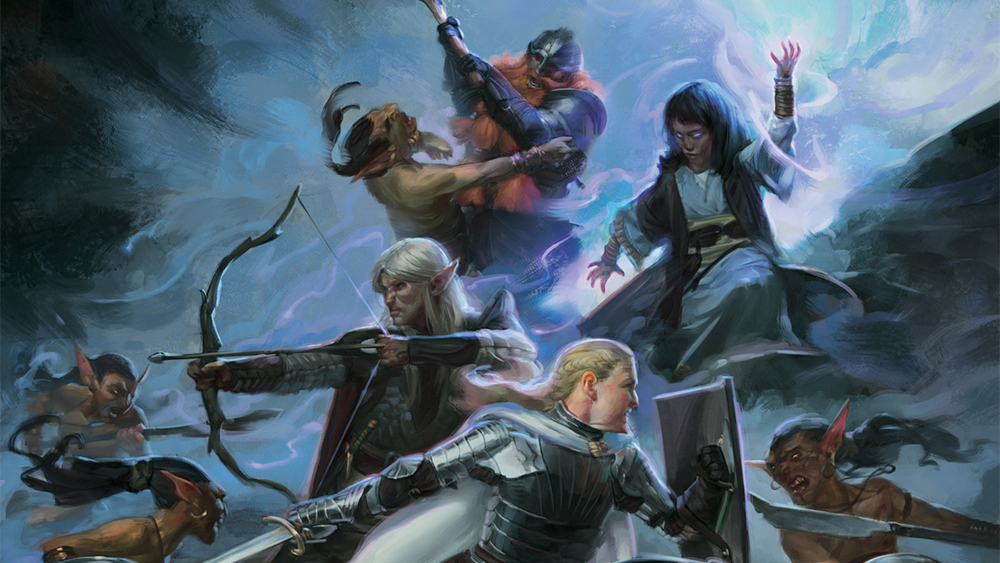

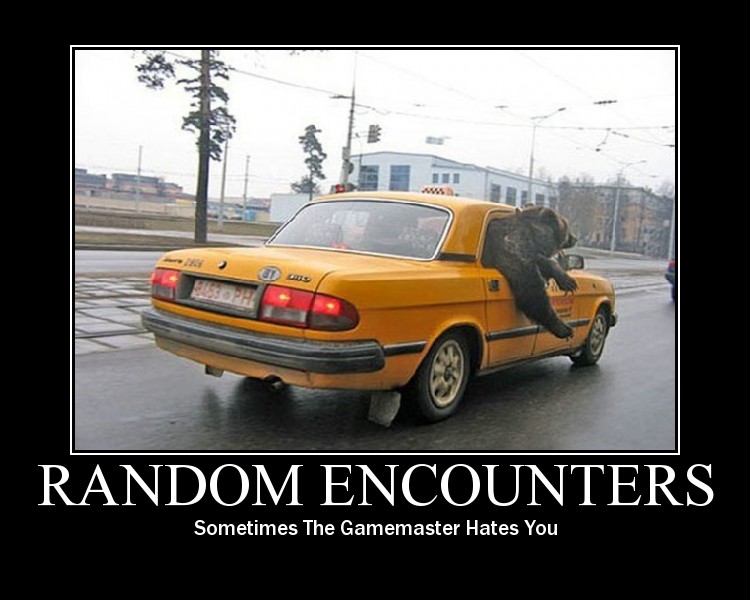







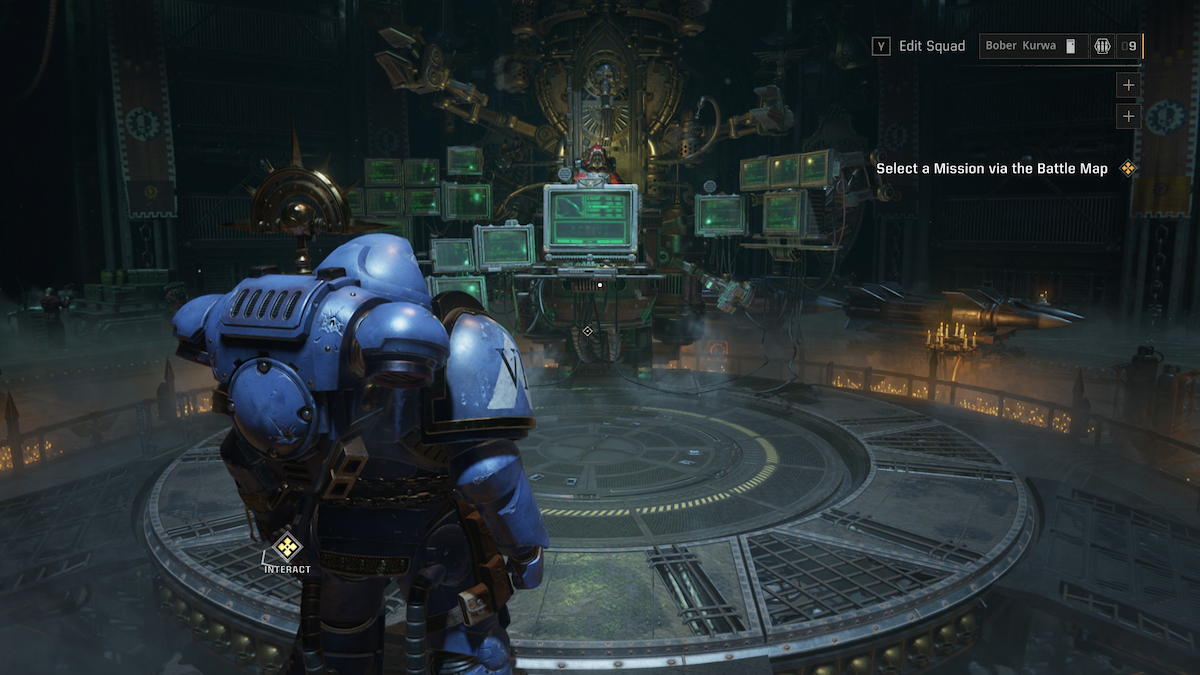
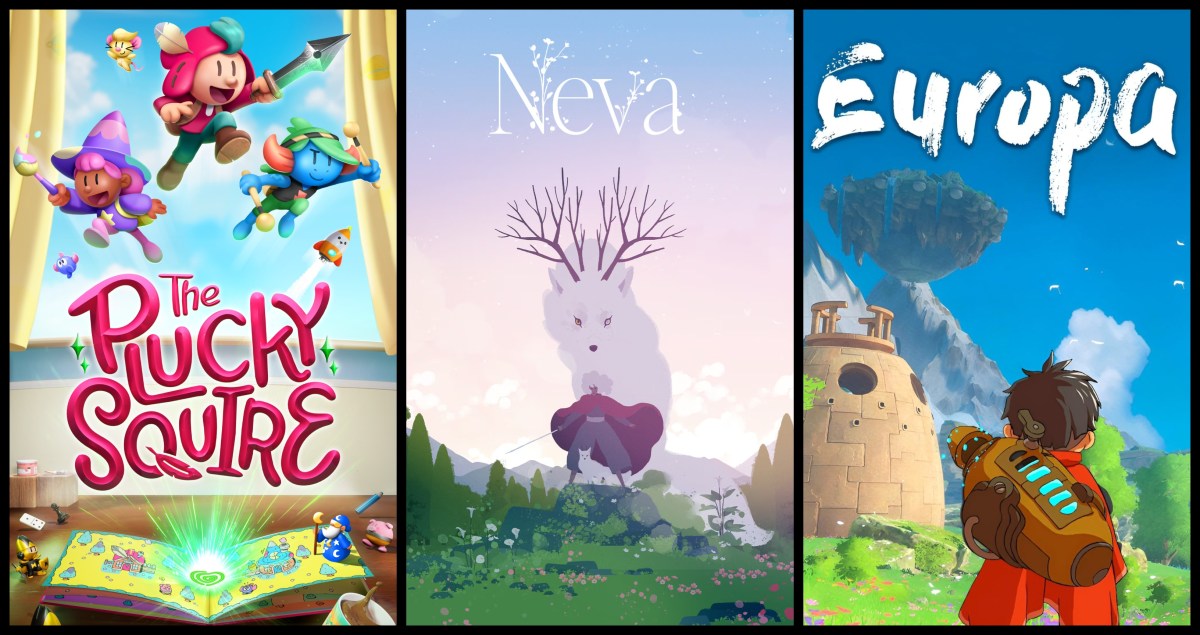
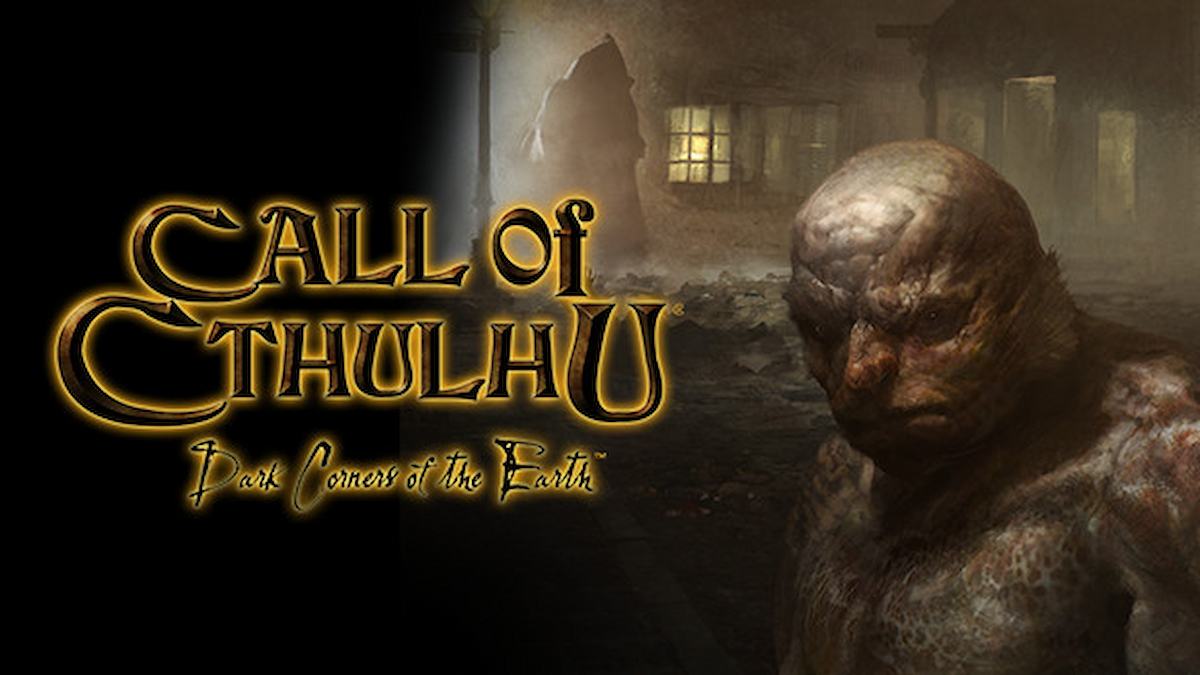
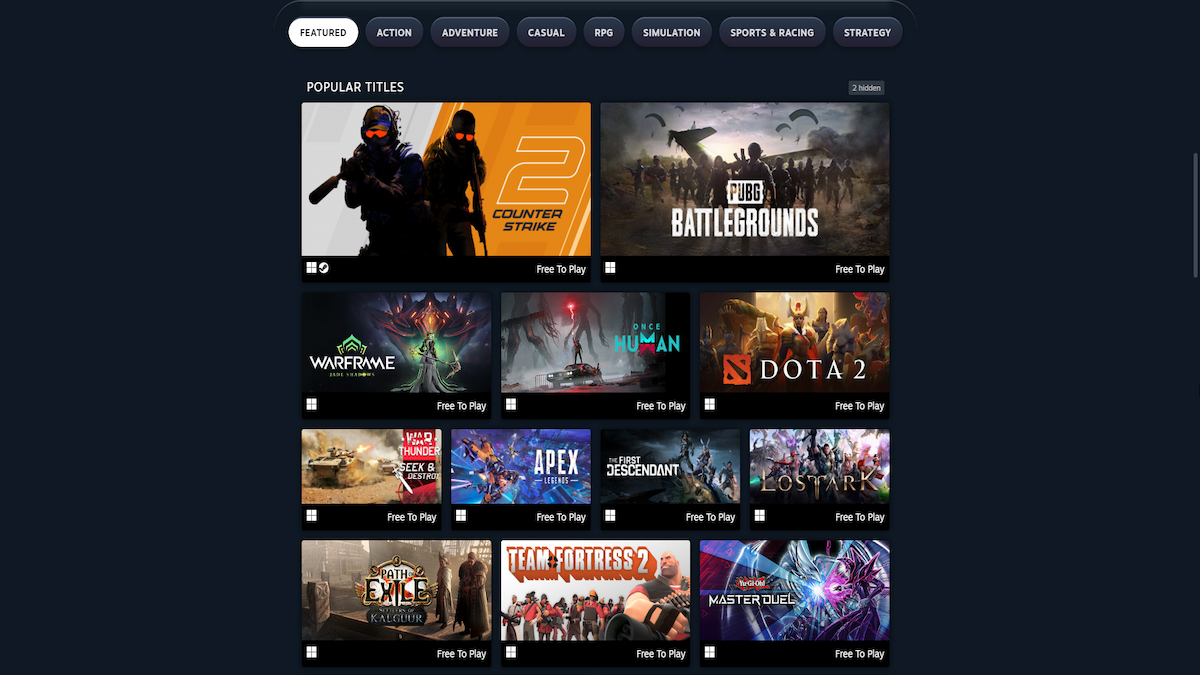
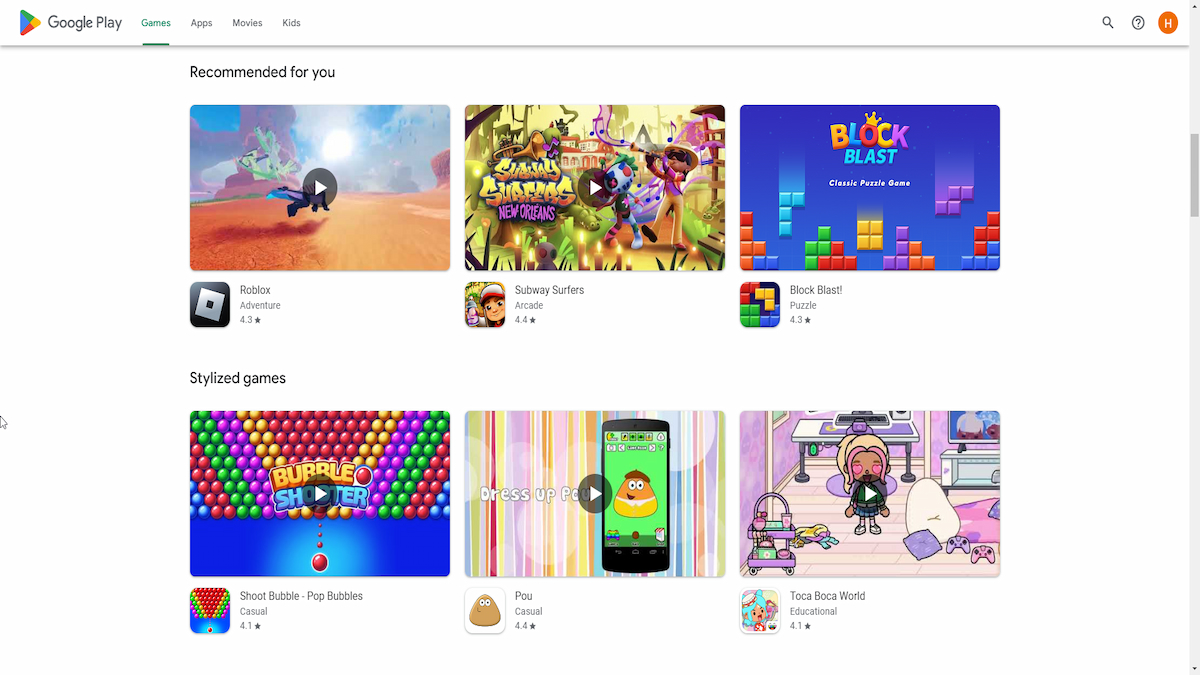
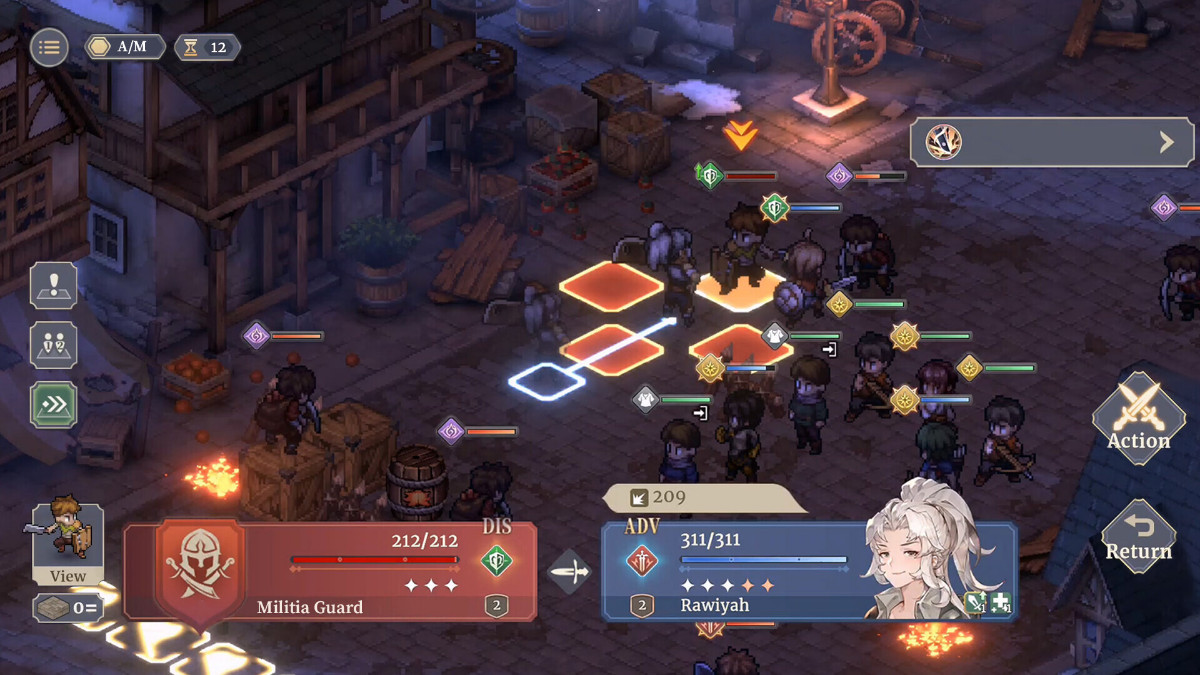
Published: Feb 13, 2018 04:31 pm